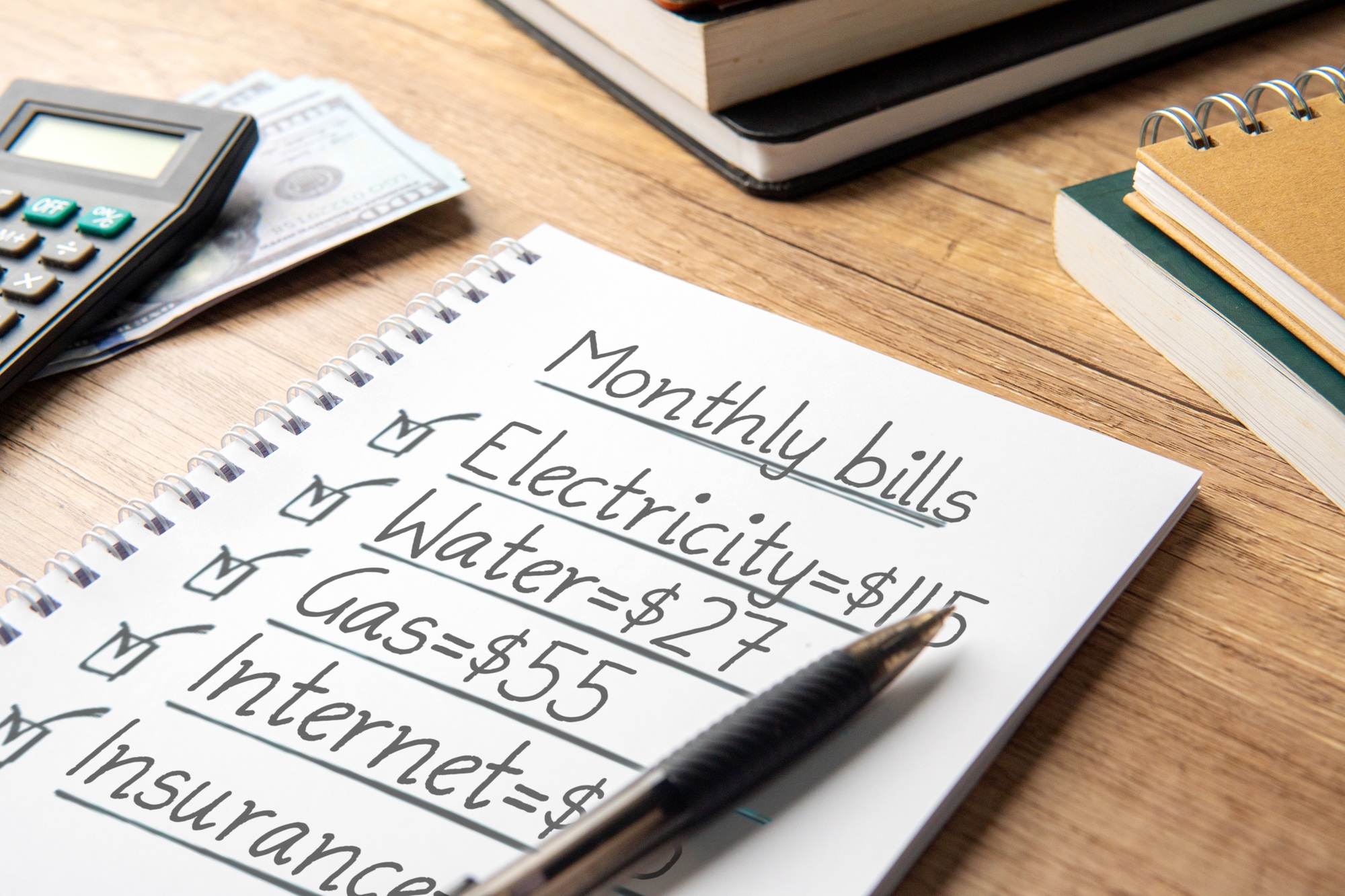In an age where relentless inflation and rising costs are a concern for many households, there is a growing need for consumers to take charge of their finances. One effective method to ease the financial burden is through negotiating better deals on monthly bills. With a few strategic approaches, consumers can significantly lower their expenses for services like cable, internet, insurance, and even healthcare.
Understanding the Landscape
Recent studies indicate that American households could save an average of $1,500 annually by renegotiating monthly bills. According to a survey conducted by the National Council on Consumer Negotiation, approximately 67% of consumers have successfully reduced their bills through negotiation. This highlights an important trend suggesting that consumers are less intimidated by the prospect of discussing terms with service providers, especially in a climate of increasing financial unpredictability.
The most common areas where negotiation can yield results are essential services such as internet and cable, which often come with stagnant rates despite new competitors entering the marketplace. **Consumers** frequently overlook the fact that many providers are willing to offer discounts or promotions to retain customers, particularly in a competitive landscape.
Market Impact
The telecommunications and utility markets are currently in flux, with providers adjusting their pricing strategies to retain customer loyalty amid increasing competition. According to the Federal Communications Commission, the average cost of broadband service has risen by 45% over the last decade, prompting consumers to seek alternatives. Providers are now more receptive to negotiations than ever, especially as they strive to avoid customer churn.
As the economy continues to rebound from the pandemic, the demand for essential services remains high, but the pricing pressure leaves room for negotiation. The emergence of platforms that specialize in bill negotiation means consumers have more resources at their disposal than in previous years, empowering them to take control of their monthly expenses.
Expert Opinion
Financial experts emphasize the importance of approaching negotiations with a well-informed mindset. “Preparation is key,” says financial advisor Jane Smith of Wealth Management Group. “Knowing your current rates, researching competitor prices, and being ready to leverage those findings will often lead to more favorable outcomes.”
Additionally, experts recommend that consumers not shy away from being assertive. During negotiations, individuals should express their willingness to leave for a better deal. “Service providers are inclined to keep customers, especially long-term ones. Simply implying that you’re exploring alternatives can motivate them to offer a better tariff,” Smith adds.
Strategies for Successful Negotiation
First and foremost, consumers should make a habit of reviewing their bills regularly. Analyzing service usage patterns can provide insight into whether they are overpaying for certain services. Once discrepancies or excessive charges are identified, the next step is to call the service provider.
When initiating contact, consumers should be polite yet firm. Express appreciation for the service received, but clearly state their intention to find a more competitive rate. Researching and citing comparable offers from rival companies can bolster a negotiation effectively.
Offering to sign a longer-term contract can also sometimes entice providers to offer lower rates. Additionally, consumers may inquire about available promotions or loyalty programs that are not explicitly advertised.
What’s Next
As more consumers become aware of their ability to negotiate bills, it is likely that the trend will continue to expand. Enhanced digital tools and platforms that simplify communication with service providers are also emerging, paving the way for more efficient negotiations. Companies like BillShark and Truebill are gaining traction, highlighting the growing appetite for automated negotiation services.
In conclusion, consumers stand to benefit significantly from proactive financial management. By taking the initiative to negotiate monthly bills, individuals can achieve substantial savings. As competition among service providers intensifies, those who engage in negotiations are likely to enjoy lower costs and a more favorable financial outlook. With economic pressures showing no signs of abating, the power of negotiation has never been more essential.







